Singer / songwriter Lloyd Cole is best known for his glum but jangly guitar-based tunes with his band THE COMMOTIONS.
With three Top20 UK albums to their name between 1984 to 1988, their best known songs were ‘Perfect Skin’, ‘Forest Fire’, ‘Are You Ready To Be Heartbroken?’, ‘Brand New Friend’, ‘Lost Weekend’ and ‘Jennifer She Said’. Scottish band CAMERA OBSCURA later paid tribute to Cole’s poetic cynical romanticism with the song ‘Lloyd, I’m Ready To Be Heartbroken’.
More recently however, Lloyd Cole has recorded two albums ‘Guesswork’ and ‘On Pain’ which have primarily been synthesizer-based. But his journey into electronic music has not been a recent artistic whim. While studying Law at University College London, his neighbour Morris Gould, now known as underground electronica DJ Mixmaster Morris, lent him an EDP Wasp synthesizer for Cole’s only solo music performance at LSU. Another student introduced him to KRAFTWERK whose magnificent ‘Computer World’ show would later be declared by Cole as one of his favourite gigs of all time.
Transferring to Glasgow University to study Philosophy and English, he met his future bandmates keyboardist Blair Cowan, guitarist Neil Clark, bassist Lawrence Donegan and drummer Stephen Irvine to become LLOYD COLE & THE COMMOTIONS. With Cole demoing his songs using guitar, drum machine and a Yamaha DX7, word got out to London about the band’s eloquent melancholic pop.
On the back of interest in the city’s music scene which had produced ORANGE JUICE, ALTERED IMAGES and AZTEC CAMERA, the quintet were signed by Polydor Records, releasing their acclaimed debut album ‘Rattlesnakes’ in 1984 and achieving their highest chart placing with second album ’Easy Pieces’ in 1985.
Relocating to New York, Lloyd Cole went solo in 1990, experimenting with orchestral, folk and country styles along the way and even returning to a band format with THE NEGATIVES in 2000. Always “excited to still be finding new methods, new perspectives, new sounds”, he had already bought a Sequential Circuits Prophet VS and featured it on the ‘Mainstream’ album in 1987.
Later acquiring a Minimoog and various samplers, Cole used them sparingly on the 1993 psychedelic rock flavoured long player ‘Bad Vibes’, although the album was not well-received by his fans. Considering the album an artistic failure, he kept his songs traditional and his electronic interests purely instrumental, leading eventually to the excellent 2002 ambient electronic album ‘Plastic Wood’ made at his attic studio in Massachusetts.
A fan of CLUSTER, the cult German duo comprising of Hans-Joachim Roedelius and the late Dieter Moebius, ‘Plastic Wood’ recalled the spacious vibe of their now classic 1976 long player ‘Sowiesoso’. With his synthesizer secret not so secret anymore, a mutual friend passed the album over to Roedelius who was impressed and set about doing his own remix. On sending over Cole his reinterpretation, while the remixed ‘Plastic Wood’ has yet to see the light of day, Cole was flattered and the two discussed working together on a project in a similar manner.
Having assembled his first Eurorack modular synth which was steadily expanding, Cole created a number of minimal electronic sketches for Roedelius to develop in isolation with neither being together during the creative process. The finished tracks became 2013’s ‘Selected Studies, Vol1’, a thoughtful union of the sorcerer and the apprentice released by Bureau B.
Following an invitation by Bureau B to curate ‘Kollektion 02’, a retrospective of Roedelius’ music, the German label suggested to Cole that he could release a solo electronic album based on the unused material originally constructed for his collaboration with Roedelius. Although Cole considered himself to still be very much a student of electronic music, the resultant ‘1D Electronics 2012-2014’ boosted his confidence. However, an attempt at ‘Live Electronics’ in 2015 proved to be too big a challenge; two performances in Portugal were cancelled while a German show with Roedelius saw a return to his usual guitar and vocal format for his solo part of the set.
Undeterred, Cole allowed time to develop his prowess with synthesizers and programming. Applying these electronic textures and techniques to traditional songwriting, 2019’s ‘Guesswork’ album was a triumph. Reuniting with Blair Cowan and Neil Clark, the album’s first single ‘Violins’ took cues from Robert Palmer’s cult electronic pop favourite ‘Johnny & Mary’ but included a guitar solo at its conclusion to not totally alienate Cole’s following.
Opening ‘Guesswork’, ‘The Over Under’ was reminiscent of the sparse nocturnal atmospheres of THE BLUE NILE during their ‘Hats’ period. The most KRAFTWERK influenced song ‘Moments & Whatnots’ was like a second cousin to ‘Neon Lights’ while ‘When I Came Down From The Mountain’ offered the biggest surprise as a bouncy drum machine driven slice of synthpop.
Produced by Chris Hughes who had notably helmed the first two TEARS FOR FEARS albums, 2023’s ‘On Pain’ saw guitars make a more prominent but limited return but whereas ‘Guesswork’ had largely been traditional songs made electronic, a number of the follow-up’s tracks were composed bottom-up using synthesizers.
In an artistic diversion, the shimmering ‘I Can Hear Everything’ utilised voice treatments and the title track provided an emotive hybrid of synth arpeggios and guitar. The standout song from the album ‘The Idiot’ gave a touching synth-laden narrative on the relationship between David Bowie and Iggy Pop as they relocated to Berlin in 1976, while ‘This Can’t Be Happening’ wonderfully stripped things down to gentle pulsing and minimal strings.
The ‘On Pain’ campaign also saw external remixes employed with Chris Hughes and Mark Frith’s ‘Unlimited mix’ of ‘Wolves’ providing an unexpected groovy disco delight. The 2023 UK tour saw Lloyd Cole bring his new direction to the stage for the first time with “No sequences. Just loops and arpeggiators” alongside acoustic and electric band performances that included an unexpected rendition of ‘Headlights’ from ‘Plastic Wood’.
Just back from a one man tour of New Zealand and Australia, Lloyd Cole took time out from the golf course and had a quick chat with ELECTRICITYCLUB.CO.UK about his electronic adventures…
You are widely known as a traditional musician who plays guitar with the usual Bob Dylan and Lou Reed influences, but many will not be aware that one of your favourite concerts of all time is KRAFTWERK in 1981 on the ‘Computer World’ tour, how did your interest in electronic music begin?
My interest started with Fripp and Eno’s ‘No Pussyfooting’, I suppose. But let’s not forget ‘Son Of My Father’ by Chicory Tip. Number 1 single in the UK 1972. Moog bass and lead melodies, produced by Giorgio Moroder (or maybe he was in the band, I forget)! Also the ‘Doctor Who’ theme tune… after ‘No Pussyfooting’, I pretty much went where Brian Eno and David Bowie led me – so to CLUSTER and KRAFTWERK and Conny Plank. Strangely I was never taken by YMO…
You had released instrumental electronic works ‘Plastic Wood’, ‘Selected Studies Vol 1’ with Hans-Joachim Roedelius and ‘1D’ in the past while you had also covered ‘Pocket Calculator’ live with THE NEGATIVES, but what had been the spark to introduce more prominent synth textures into your song based material?
I just wanted to make records which could sit next to music I was listening to. I was listening to THE BYRDS, Bob Dylan and Isaac Hayes in 1983. In 2018 I wasn’t listening to guitar driven music at all. Also, making ‘Selected Studies’ and ‘1D’ gave me more confidence in my abilities with synthesizers. I don’t think I was ready, before then, to try and bring the two things (songs and synths) together.
Would say ‘Violins’ on ‘Guesswork’ have been written traditionally before you applied the primarily electronic production and arrangement?
It was written, initially, on a guitar.
What synths and drum machines were you using for ‘Guesswork’ and ‘On Pain’? Are you into VSTs?
I’m always changing hardware. This is approximate. It’s about 50/50.
Hardware synths and drum machines on ‘Guesswork’ and ‘On Pain’:
Dave Smith OB-6
Moog Sub 37
Modor NF-1
(mostly) Make Noise Modular system
Lorre Mill Double Knot
Soma Lyra 8
Vermona DRM 1 Mk III (drum synth)
Software synths and VSTs:
Spectrasonics Omnisphere (this is the synth that gets used most)
Borderlands (iPad granular processor)
MicroTonic drum synth by Sonic Forge
Izotope Vocal Synth 2
Logic Pro Arpeggiator
SoundToys FX
Did you purchase any new equipment for ‘On Pain’ that allowed greater possibilities sonically? How did you maintain the balance of making sure the songs remained central?
I’m sure I did. I’m always replacing synths with other synths. Since I made ‘Guesswork’, I replaced the Moog Sub 37 with the Moog Matriarch. Keeping the two things balanced is always a challenge, but quite often synth sounds inspire compositions. For example, the synth at the beginning of ‘The Loudness Wars’.
In terms of concept, writing and production, how did ‘On Pain’ differ from ‘Guesswork’?
Not much really. I was just trying to take the concepts to greater extremes. I suppose a major difference would be the vocal treatments. There are no ‘natural’ vocal tracks on ‘On Pain’.
Using voice treatments can be seen as anathema to music purists, but how do you consider its applications?
When I’m working alone in an attic and I’m not great at singing harmony vocals, these synths and treatments opened up a whole new world of musical opportunity for me. It took a LONG time to become comfortable with them, though. This can’t be happening in one vocal and, I think, 8 more virtual harmonies all automated to change the feeling from somewhat naturalistic to almost completely synthesized.
‘The Idiot’ was ELECTRICITYCLUB.CO.UK’s Top Song Of 2023, while there is the narrative about David Bowie and Iggy Pop relocating to West Berlin in 1976, how did the song come together musically, what were the inspirations?
The music was written, almost completely by Blair Cowan. My job was just to rearrange slightly to make it into a song rather than an instrumental and fine tune the sounds. 80% of those synths are Blair’s original recordings.
Was it a challenge to bring the more electronic material into your live shows on your most recent tour? Have your older fans accepted it?
It was a big challenge and we didn’t try to reproduce any songs exactly as we were just a four piece. But we got pretty close on ‘The Idiot’. We used some drum machines and click tracks for Signy (the drummer/percussionist) to play along with so we could use arpeggiators, but this was quite a challenge. I think next time we will have a drum machine for those songs and Signy can play percussion with it.
‘Guesswork’ and ‘On Pain’ have started a new phase in your career, which songs are your favourites from them?
I don’t really have favourites. I suppose ‘The Over Under’ and ‘Wolves’, because they were the two exploratory pieces which established the possibility of the projects. The songs I wasn’t able to play live that I missed the most were ‘The Loudness Wars’ and ‘More Of What You Are’. Hopefully we can figure a plan to play these in 2025.
Will you continue in this electronic song direction? Is another album in the works? What is next?
I think there is a third. And then I have an idea to go somewhere else for the one after that.
ELECTRICITYCLUB.CO.UK gives its grateful thanks to Lloyd Cole
Special thanks to Ted Cummings at Cloud PR
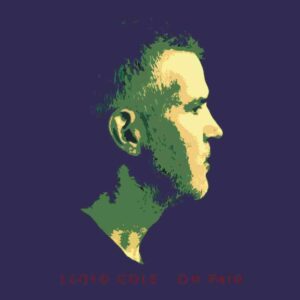 ‘On Pain’ and ‘Guesswork’ are released by earMUSIC in vinyl LP, CD and digital formats
‘On Pain’ and ‘Guesswork’ are released by earMUSIC in vinyl LP, CD and digital formats
‘Selected Studies Vol 1’ and ‘1D Electronics 2012-2014’ are still available in vinyl LP, CD and digital formats via Bureau B
‘Plastic Wood’ is still available in digital formats via earMUSIC
Lloyd Cole 2025 full band shows include:
Aberdeen Tivoli Theatre (20 January), Buxton Opera House (22 January), Manchester Bridgewater Hall (24 January), London Barbican (25 January), Dublin Olympia (27 January)
https://www.facebook.com/Lloyd.Cole.1961
https://twitter.com/Lloyd_Cole
https://www.instagram.com/thelloydcole/
Text and Interview by Chi Ming Lai
30 January 2024, updated 5 May 2024

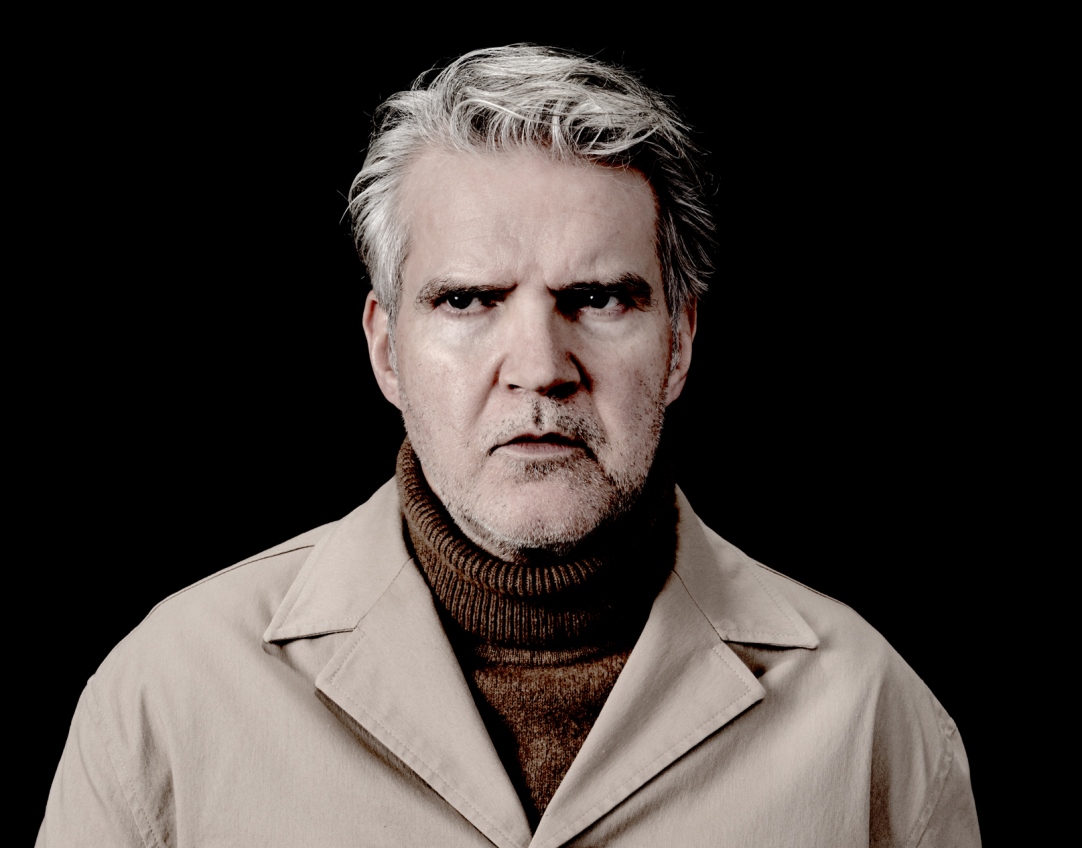
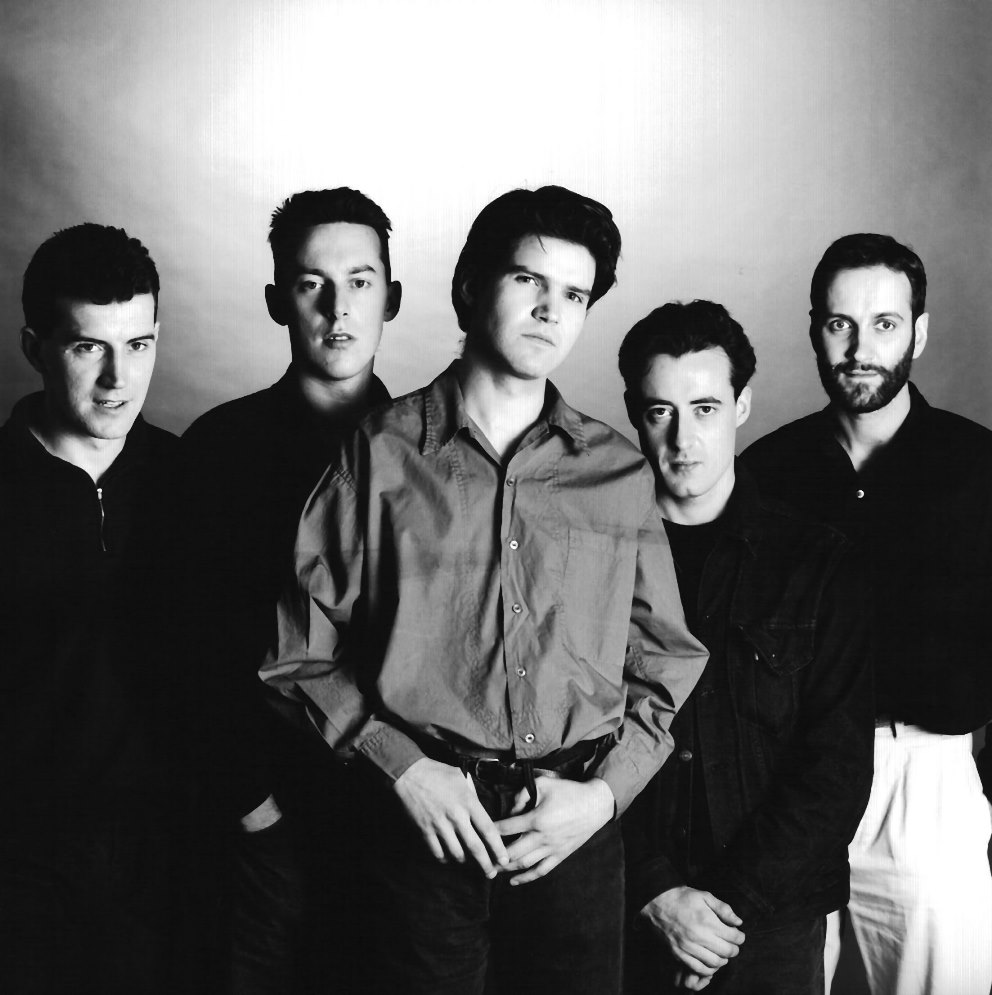
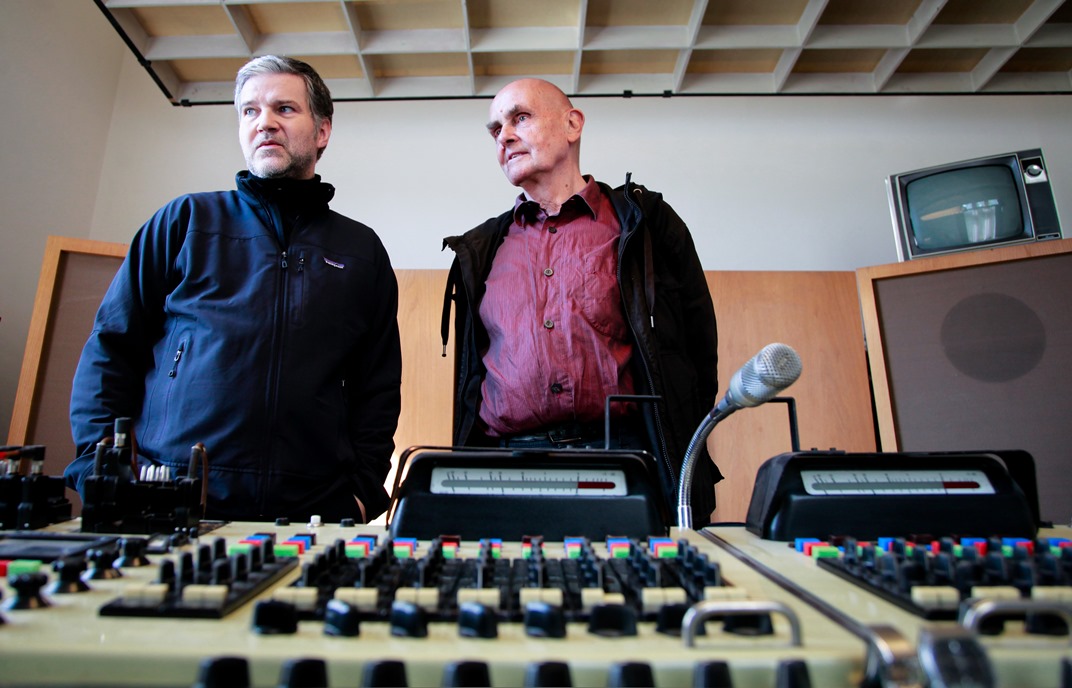
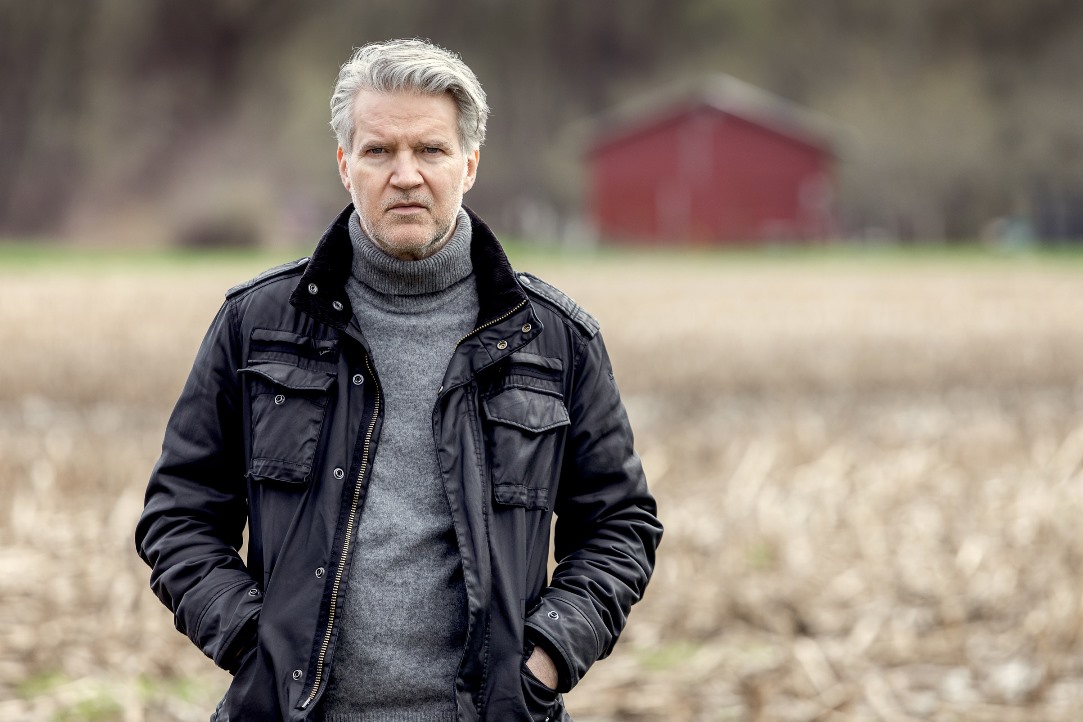
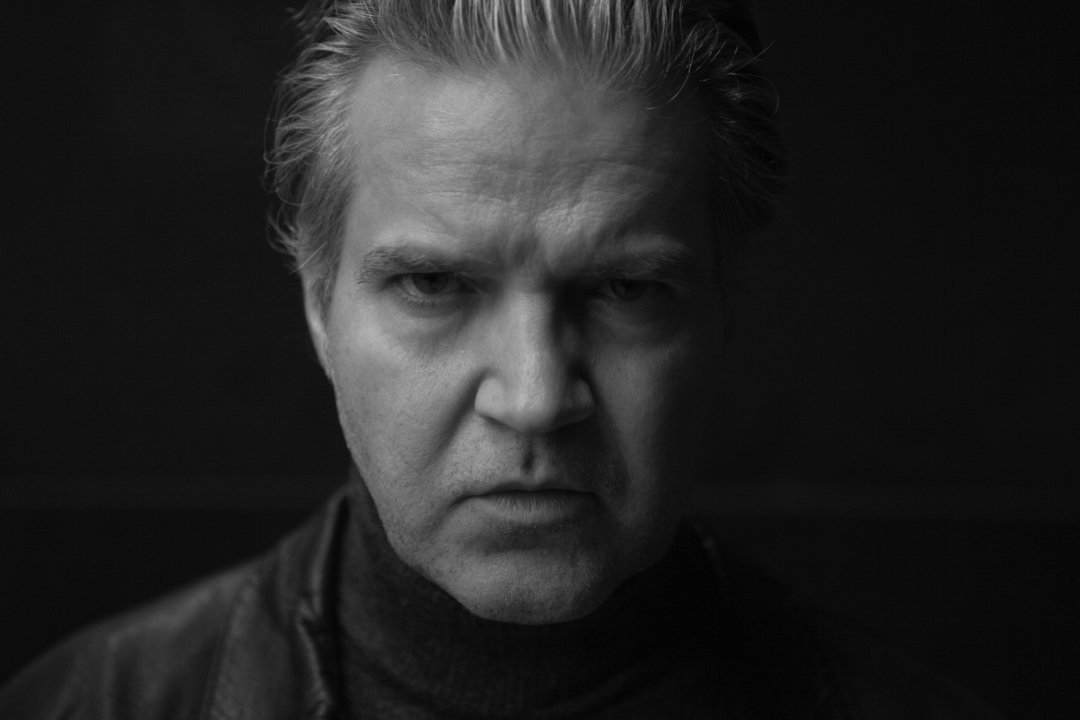
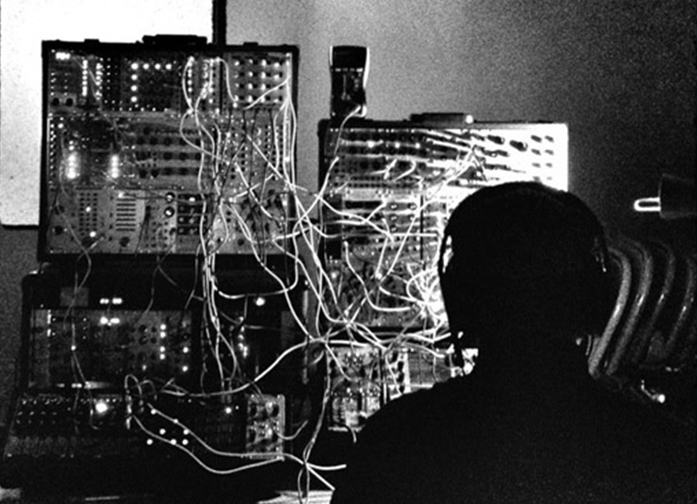
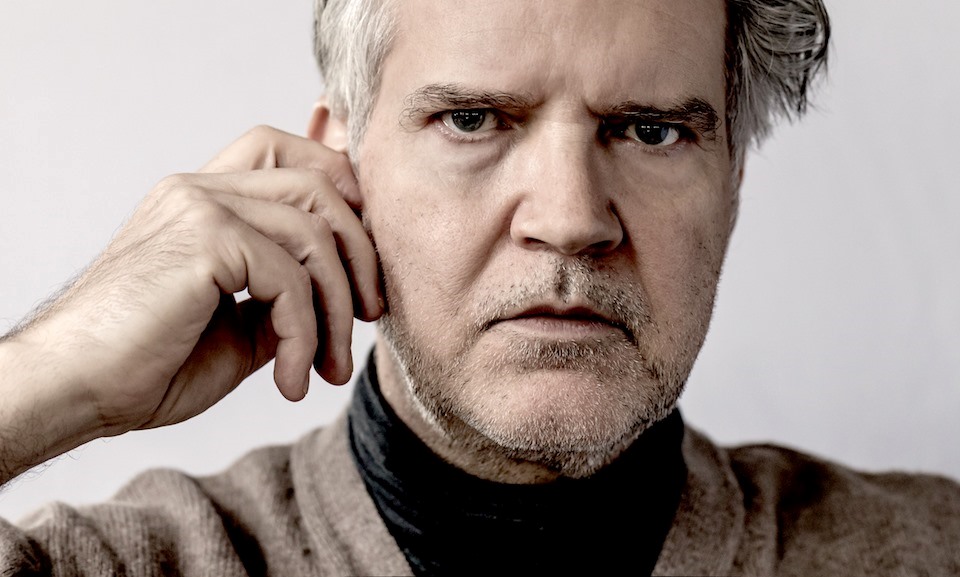
Follow Us!